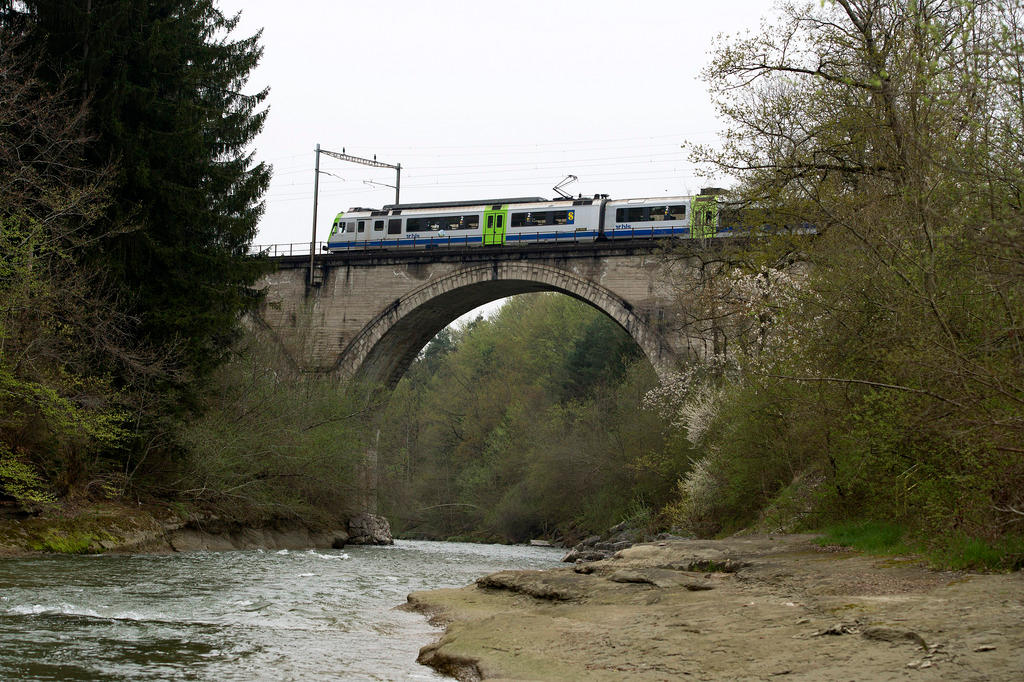
Swiss Waterways: Looking for wildness

Swiss Waterways
Despite Switzerland’s embarrassment of riches when it comes to water, few of its rivers are truly pristine. That includes significant ones like the Rhine and Rhône that begin in the Swiss Alps. Environmental group WWF in Switzerland studied the nation’s rivers and found less than 4% are in an entirely natural or almost natural state. We head to the “rainforest of Switzerland” to learn more from WWF’s Lene Petersen and Julia Brändle.


























You can find an overview of ongoing debates with our journalists here . Please join us!
If you want to start a conversation about a topic raised in this article or want to report factual errors, email us at english@swissinfo.ch.